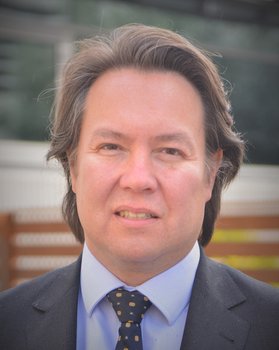
Memory for the exceptional and exceptional human memory
We tend to remember exceptional events over the mundane ones. Understanding how we form and retrieve long-term memories for important or salient events is relevant for combating the rapidly growing incidence of pathologies associated with memory dysfunction. I will present behavioural, neuroimaging and human intracranial recording data demonstrating how different human brain circuits couple with the hippocampus to bring about enhanced memory for salient events, focusing on memory advantage for emotionally aversive stimuli and stimuli paired with voluntary movement. I will explain how an understanding of the neurobiological mechanisms underlying novelty-evoked episodic memory enhancement has led us to discover the memory enhancing effect of deep-brain stimulation of the human nucleus accumbens. Lastly, I will present findings from a large cohort of “Superagers”, individuals over 80 years old but with memory performance equal to people in their 50s, and reveal which factors might protect against age-related memory loss.
Biography
Bryan Strange completed the M.B.-Ph.D. programme at UCL in 2004. His Ph.D., conducted at the Functional Imaging Laboratory, Institute of Neurology, under the supervision of Ray Dolan and Karl Friston, argued for a functional dissociation between anterior and posterior hippocampus in humans. He started his own laboratory in 2011, the Laboratory for Clinical Neuroscience, Universidad Politécnica de Madrid, Spain and in 2014 became director of the Department of Neuroimaging, Reina Sofia Foundation Centre for Alzheimer's Research. His laboratory employs a multi-modal approach combining functional brain imaging techniques with patient lesion data, pharmacology, and human intracranial recordings to study human medial temporal lobe functions.